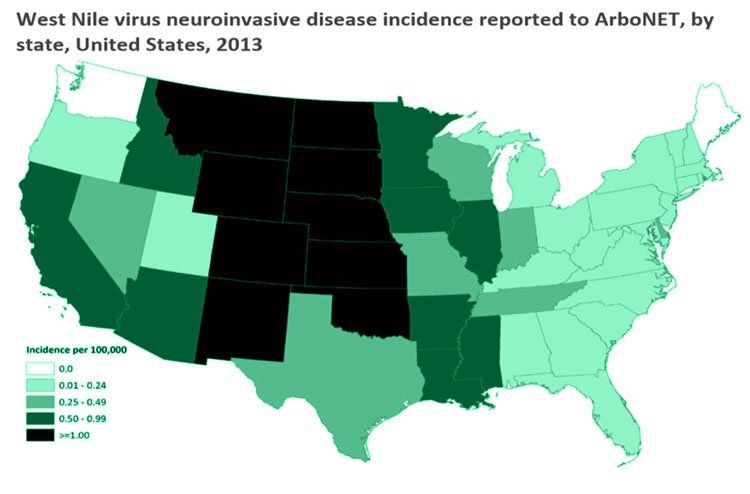Additional Mosquito information
Organic Versus Synthetic Chemical Treatments
1. The national Academy of Science reports that children are more vulnerable than adults to the dangerous lawn care pesticides.
2. Studies have linked pesticides to cancer, asthma, hyperactivity and other ailments.
3. A study published in the Journal of the National Cancer Institute finds that household and garden pesticide use can increase the risk of childhood leukemia as much as sevenfold.
4. Scientists believe that the amount of toxic chemicals in the environment that cause developmental and neurological damage are contributing to the rise of physical and mental effects being found in children.
5. A 2005 study published in the Journal of the American Medical Association found that students and school employees are being poisoned by pesticide use at schools and from drift off of neighboring farmlands.
Tick Facts
• Arachnids that live on the blood of mammals, birds, and sometimes even reptiles and amphibians.
• Tend to flourish in warm, humid climates because they require moisture to undergo their metamorphosis.
• Sandy soil, hardwood trees, rivers and the presence of deer are all good predictors of dense tick population.
• Tick go through 3 stages; larval, nymph & adult.
• Female ticks can lay up to 3,000 eggs.
• Require small vector as nymphs (mice, which eat under bird feeders).• Eggs are laid in the spring, become larva during the summer, become nymphs the following spring and typically reach adulthood by the following fall (18 month cycle).
• Ticks live in wooded and brushy areas where leaf litter is abundant; they also dwell in high grass areas.
•Adult ticks usually feed on large animals and sometimes on humans.
• Risk of human bites is greatest in the late spring and summer months (May through August).
Mosquito Facts
• There are over 3,500 species of mosquito around the world, not all are blood eaters.
• Mosquitoes go through 4 stages in their life cycle; egg, larva, pupa & adult (or imago) forms.
• In most species, adult females lay their eggs in stagnant water, near the water’s edge, or attach their eggs to aquatic plants; some even breed in lakes, puddles, marshes, etc…
• The first three stages of development are largely aquatic, with typical adult life cycles ranging from as little as a week to several months.



 by
by